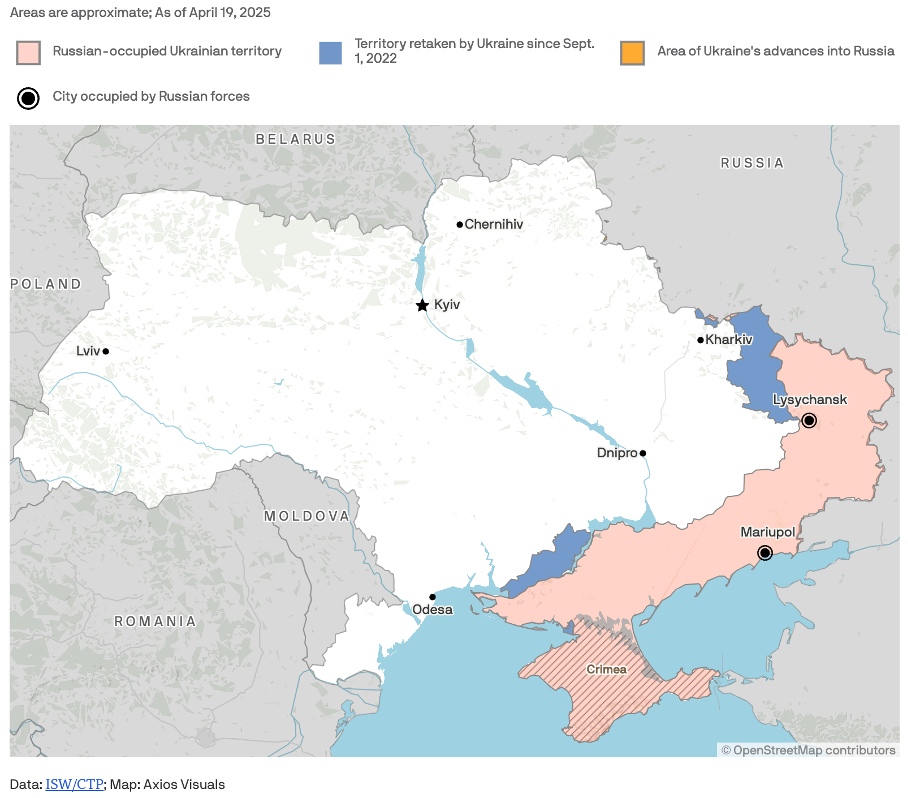Defending Democracy: Strategic Moves Against Authoritarianism
Failing to Recognize and Respond to Threats Can Lead to Dire Consequences, According to Kasparov
In a recent live discussion, Gary Kasparov and Yascha Mounk delved into the pressing issues facing democratic institutions in the United States and Europe. Kasparov, a renowned chess grandmaster and political activist, emphasized the existential threat posed by authoritarian regimes and the importance of recognizing this danger to develop effective strategies.
Kasparov drew parallels between Vladimir Putin's consolidation of power in Russia and the actions of former U.S. President Donald Trump. He highlighted Putin's early moves to restore Soviet symbols and control independent media, comparing them to Trump's pardoning of January 6 rioters. Kasparov warned that Trump might attempt to run for a third term, despite constitutional limitations, and urged Democrats to focus on defending the constitution and avoiding divisive culture wars.
The conversation also touched on the geopolitical landscape in Europe, with Kasparov criticizing the slow response to Russian aggression and the need for strategic autonomy in defense. He noted recent legislative changes that allow increased defense spending and Germany's significant investments in its war industry. Kasparov expressed hope that Europe could reinvent itself and play a leading role in future industries, despite economic challenges. He highlighted Germany's role under Chancellor Olaf Scholz and the upcoming leadership of Friedrich Merz, who is expected to be a strong defender of Ukraine and advocate for increased defense spending.
Kasparov and Mounk discussed the importance of building a broad and unified opposition to resist executive overreach. Kasparov advised leveraging public dissatisfaction with Trump's behavior and corruption to create pressure on Republican representatives. He emphasized the need for strategic actions, such as holding representatives accountable for their support of Trump's policies and focusing on the 2026 midterm elections. Kasparov noted that Republicans currently hold a narrow majority in the Senate, with 51 seats to the Democrats' 49. He stressed the importance of flipping enough seats to shift the balance of power.
Kasparov posed a critical question: "Do you believe that Pam Bondi, the Attorney General, and the FBI Director will follow the Constitution or Trump if a crisis comes?" This question highlights the potential for executive overreach and the importance of loyalty to constitutional principles.
Kasparov clarified what he means by "levers of power," emphasizing the importance of using existing mechanisms to defend democratic institutions. These levers include the judicial system, legislative oversight, public pressure, media and public discourse, and civil society organizations. He stressed the need to ensure that judges remain independent and committed to the rule of law, and that the House of Representatives and the Senate effectively check executive power. Kasparov advised leveraging public dissatisfaction to create pressure on representatives and using media platforms to raise awareness and mobilize support. He also emphasized the role of civil society organizations in organizing and advocating for constitutional principles.
Kasparov expressed frustration with the lack of action and oversight from Congress. He criticized Congress for not intervening in certain executive actions and failing to uphold its constitutional responsibilities. Kasparov pointed out that Congress has the power to establish taxes, raise taxes, cut taxes, and create or close agencies, yet it has not exercised these powers effectively to check executive overreach.
The discussion also covered the controversial peace negotiations between the United States and Russia regarding Ukraine. Kasparov criticized the proposed peace plan, which demands Ukraine to give up Crimea and accept Russian occupation of its territories. He argued that this plan rewards Russian aggression and undermines Ukraine's sovereignty. Kasparov emphasized that the plan is not a genuine peace offer but rather a slow death sentence for Ukraine, as it would force Ukraine to concede significant territory and people to Russia. He pointed out that accepting such terms would legitimize Putin's war of aggression and set a dangerous precedent for international norms.
Recent peace talks in London were downgraded after top diplomats, including U.S. Secretary of State Marco Rubio, pulled out. Despite this setback, efforts to negotiate a ceasefire continue. On Tuesday, Russian President Vladimir Putin proposed a ceasefire along the current front lines in the Ukraine conflict, signaling a potential shift in the ongoing war, according to the Financial Times. Sources close to the matter indicate that this proposal was made during a recent meeting between Putin and U.S. special envoy Steve Witkoff in Saint Petersburg. The Russian leader reportedly suggested a willingness to relinquish claims on disputed regions in Ukraine.
This offer could pave the way for peace talks with U.S. President Donald Trump. While this gesture marks an important step, the details of the proposal remain somewhat unclear. For now, it remains to be seen how the situation will develop. Kasparov stressed that any peace deal must ensure Ukraine's sovereignty and territorial integrity, and should not reward Russia's blatant aggression and war crimes.
The key points of Trump's "final offer" to Ukraine, presented on April 22, 2025, include the formal recognition of Crimea as part of Russia and de facto recognition of Russian control over nearly all of Luhansk oblast and the occupied portions of Donetsk, Kherson, and Zaporizhzhia. Ukraine would be required to forgo its aspirations to join NATO, although the proposal notes that Ukraine could become part of the European Union. The plan also includes the lifting of sanctions imposed on Russia since 2014 and enhanced economic cooperation between the U.S. and Russia, particularly in the energy and industrial sectors.


